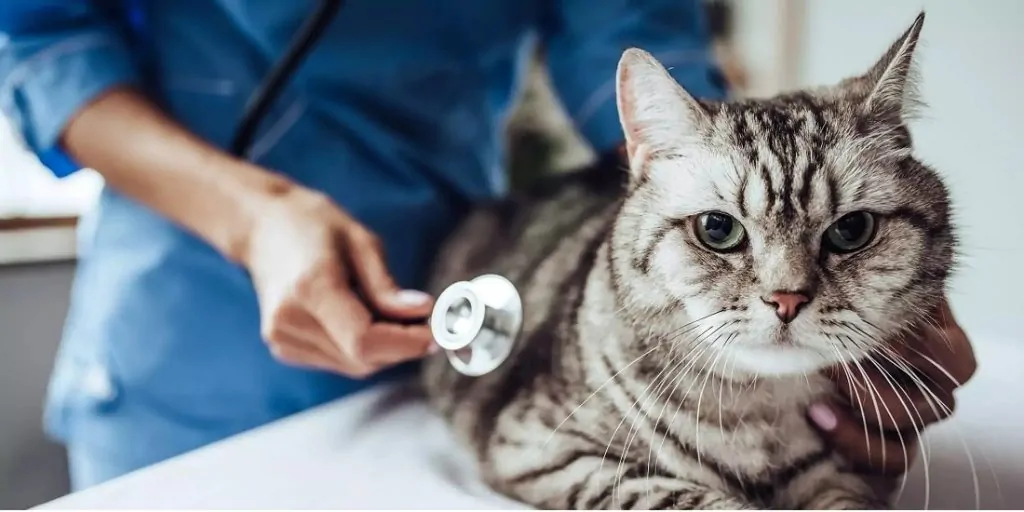If you're a pet owner, it's important that you know about pancreatitis in cats. This potentially life-threatening condition can cause a lot of pain and discomfort for your furry friend, so it's crucial to be able to recognize the signs and get them the help they need. In this blog post, we'll discuss what pancreatitis is, the symptoms to look out for, and how you can help your cat recover. Thanks for reading!

Pancreatitis occurs when the pancreatic enzymes are activated prematurely and begin digesting the pancreas itself. This can lead to inflammation, pain, and potentially serious complications. Pancreatitis can be acute or chronic and can occur in any age or breed of dog or cat. However, certain risk factors such as obesity, diabetes, and certain medications may make your pet more likely to develop pancreatitis. If you suspect that your pet may have pancreatitis, it is important to contact your veterinarian immediately. Pancreatitis can be a serious condition, but with prompt treatment, most pets make a full recovery.
Bloodwork and an FPLI test for Feline Pancreatic Enzyme Abnormalities
Radiographs and ultrasound to look for enlargement of the pancreas or masses
No specific treatments exist for pancreatitis, and therapy involves primarily supportive care such as:
Intravenous fluids are used to maintain hydration, PREVENT DEHYDRATION and correct electrolyte Imbalances.
Medication(s) may be required during nauseating episodes like vomiting and diarrhea that often come alongside the disease process itself.
Pain medications are also administered; these can include anti-inflammatory drugs or even opioids are commonly used for cats with pain such as buprenorphine.
Nutritional Therapy can be used to make sure your cat starts to eat again is important to avoid complications from prolonged anorexia, such as hepatic lipidosis. Esophageal or nasogastric tubes may be inserted as needed. Cats tolerate dietary fat better than dogs with pancreatitis, so feeding a low-fat diet is unnecessary. A highly digestible food is preferred to high-fiber diets.
The most common complications associated with pancreatitis include:
Monitoring requirements vary depending on the severity of pancreatitis. Ideally, hospitalization may be required to repeat vitals, assess hydration, pain, and weight gain. Repeating bloodwork, blood pressure and FPLIs to assess the pancreatic inflammation is subsiding is also important. If we are doing well, we can treat on an outpatient basis if monitored clinical signs have improved.
The prognosis for cats with acute pancreatitis is guarded and very serious, but with prompt diagnosis and treatment, most cats make a full recovery. If your cat is showing any symptoms of pancreatitis, please book an appointment with your veterinarian as soon as possible. Early diagnosis and treatment are key to a successful outcome for your kitty.
Phone: (855) 461-8259
Email: [email protected]